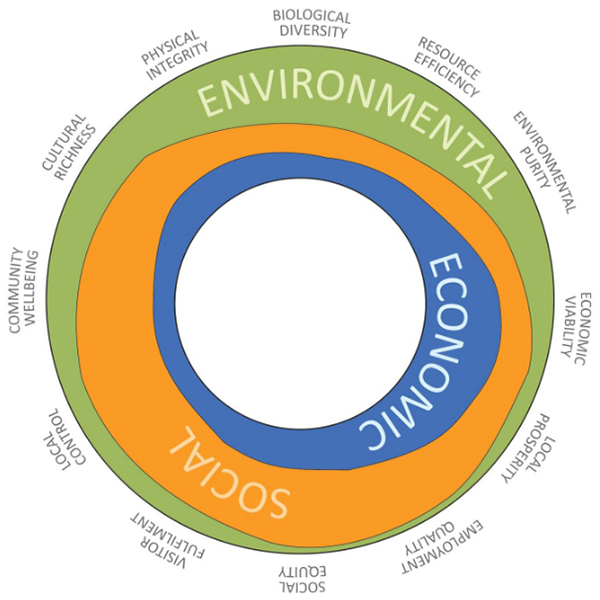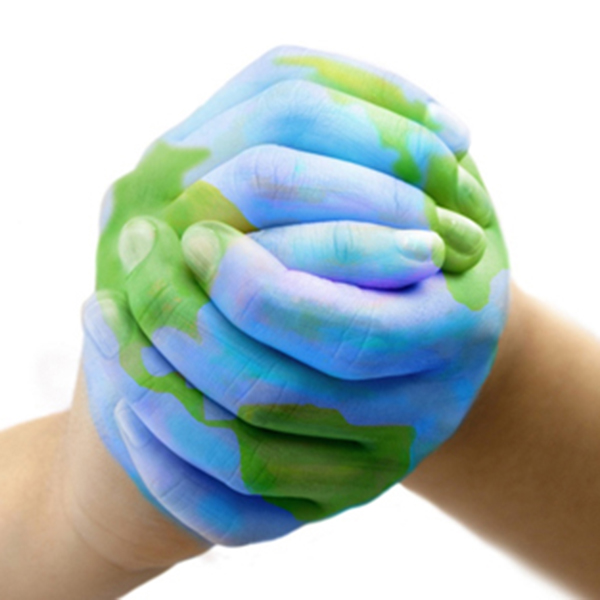Even though responsible tourism has been a major concern amongst the community since the dangers like global warming and economic recessions have started to impact the social life but the term was given a formal and more authenticated shape in 2002 at the Cape Town Summit. Responsible Tourism was defined alongside the world summit on Sustainable Development. This definition, the Cape
Town Declaration is now widely accepted and was been adopted by the World Travel Market in 2007 for World Responsible Tourism Day.
Responsible Tourism is about “making better places for people to live in and better places for people to visit” Responsible Tourism requires that operators, hoteliers, governments, local people and tourists take responsibility, take action to make tourism more sustainable. This has encouraged the industry players to take responsibility for making tourism more sustainable and demonstrate their responsibility.
Tour Pirate being amongst the players who adhere and respect the true nature of Responsible Tourism is continuously striving to achieve the following objectives in the best possible manner.
Mae-Kampong Tea-leaves Pillow Group
Mae-Kampong is a small Hamlet located near Chiang Mai in Northern Thailand. The village is yet to see the light of development. The locals grew a special type of tea called as Bai-Miang which is an important part of their diet. These groups extracts tea leaves and fill into the pillow & sells it. The group braids many types of pillow case then packs dried tea-leaves that reduce moistness for avoiding fungus. Last progression is to pack tea-leaves pillow in plastic bag to keep away from moist. Tea-leaves pillow will help resist bacteria, balance body, absorb bad smell. Moreover, tea scent will relieve tension, keep relax and reduce allergy Tour Pirate procure Herbal Tea Pillows from locals of and gift these pillows to our guest as gesture for visiting Thailand. Our guests are delighted with the amazing souvenir which will remind them of amazing time they had in Thailand.
Initiatives
We work towards minimization of negative impact on economic, environmental and social impacts

